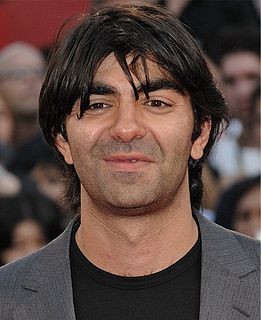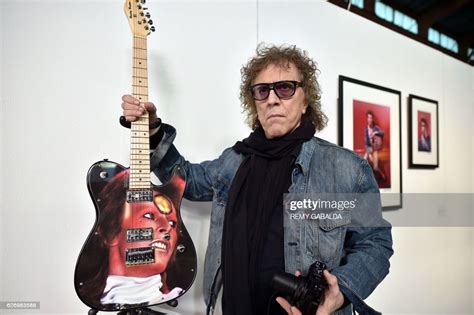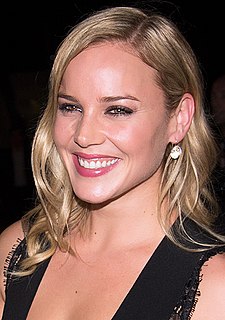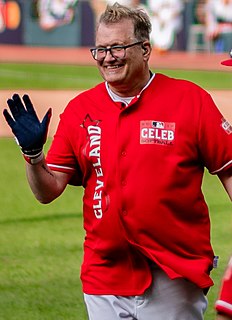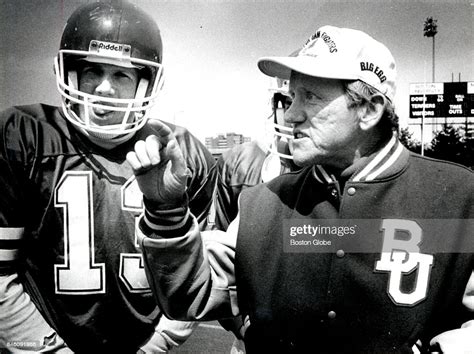A Quote by Lionel Barber
The advent of the Internet exposed the fact that the old business model for newspapers was broken. The world wide web fundamentally changed the media eco-system, challenging established journalistic practice in what is known as the mainstream media: radio, television, newspapers and magazines.
Related Quotes
I didn't actually know what a vegetarian was until I was 13 years old. I know in this day and age it's hard to believe that, but I think because I grew up on a farm, I wasn't indulged in magazines, newspapers, Internet, television. And so, for some reason, I was never exposed to what a vegetarian was.
The arrival of television established a mass-media order that dominated the last 50 years. This is a personal media revolution. The distinction between the old order and the new order is very important. Television delivered the world to our living room. In the old media, all we could do was press our noses against the glass and watch.
Because of the control of the media by corporate wealth, the discovery of truth depends on an alternative media, such as small radio stations, networks, programs. Also, alternative newspapers, which exist all over the country. Also, cable TV programs, which are not dependent on commercial advertising. Also, the internet, which can reach millions of people by-passing the conventional media.
I was on television a couple of years ago and the reporter asked me, "How does it feel being on mainstream media? It's not often poets get on mainstream media." I said, "Well I think you're the dominant media, the dominant culture, but you're not the mainstream media. The mainstream media is still the high culture of intellectuals: writers, readers, editors, librarians, professors, artists, art critics, poets, novelists, and people who think. They are the mainstream culture, even though you may be the dominant culture."
Television is the same as the telephone, and the same as the World Wide Web for that matter. People who become obsessed by the peculiarities of these communications media have simply failed to adjust to the shock of the old. People who bleat on about the 'artistic' potential of television qua television are equally deluded.
Television and radio are what I call sequential media; they're not simultaneous media. With simultaneous media, you can scan your eye down an electronic or print page and pick among six or seven stories you might like and want to read. With television and radio, you have to wait until the guy's finished talking about the balloon boy, which I don't have the slightest interest in, to find out that all hell's broken loose in Baghdad. Because they've chosen that day to start with the balloon boy.




